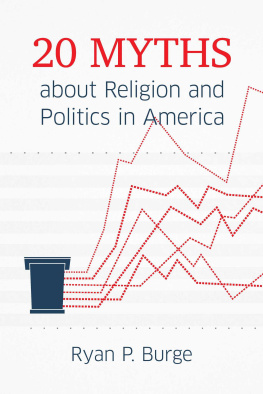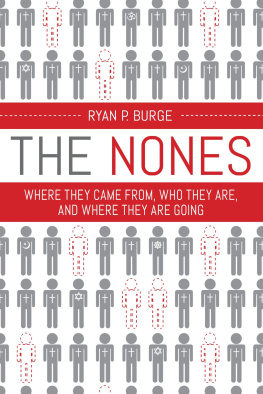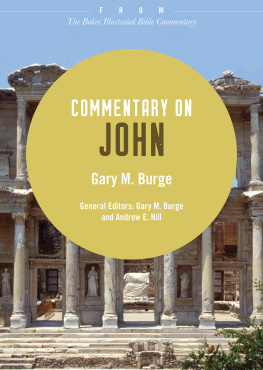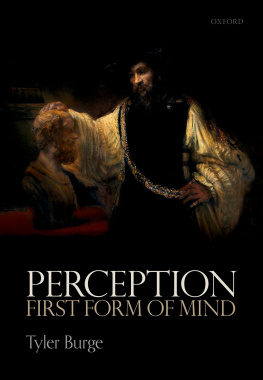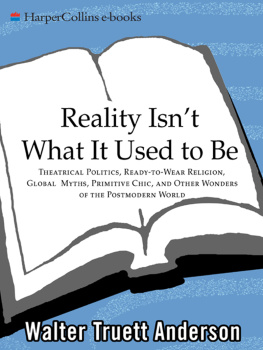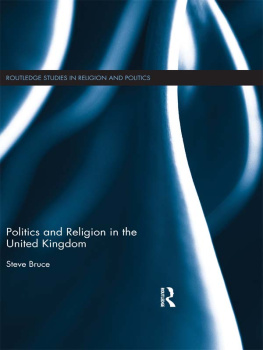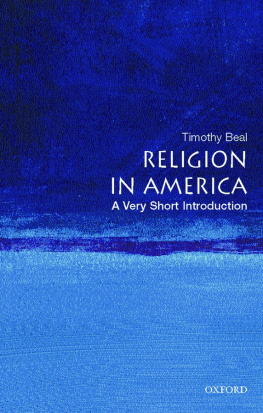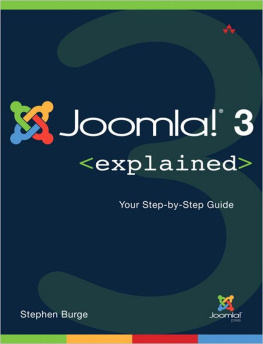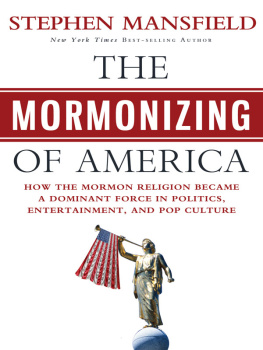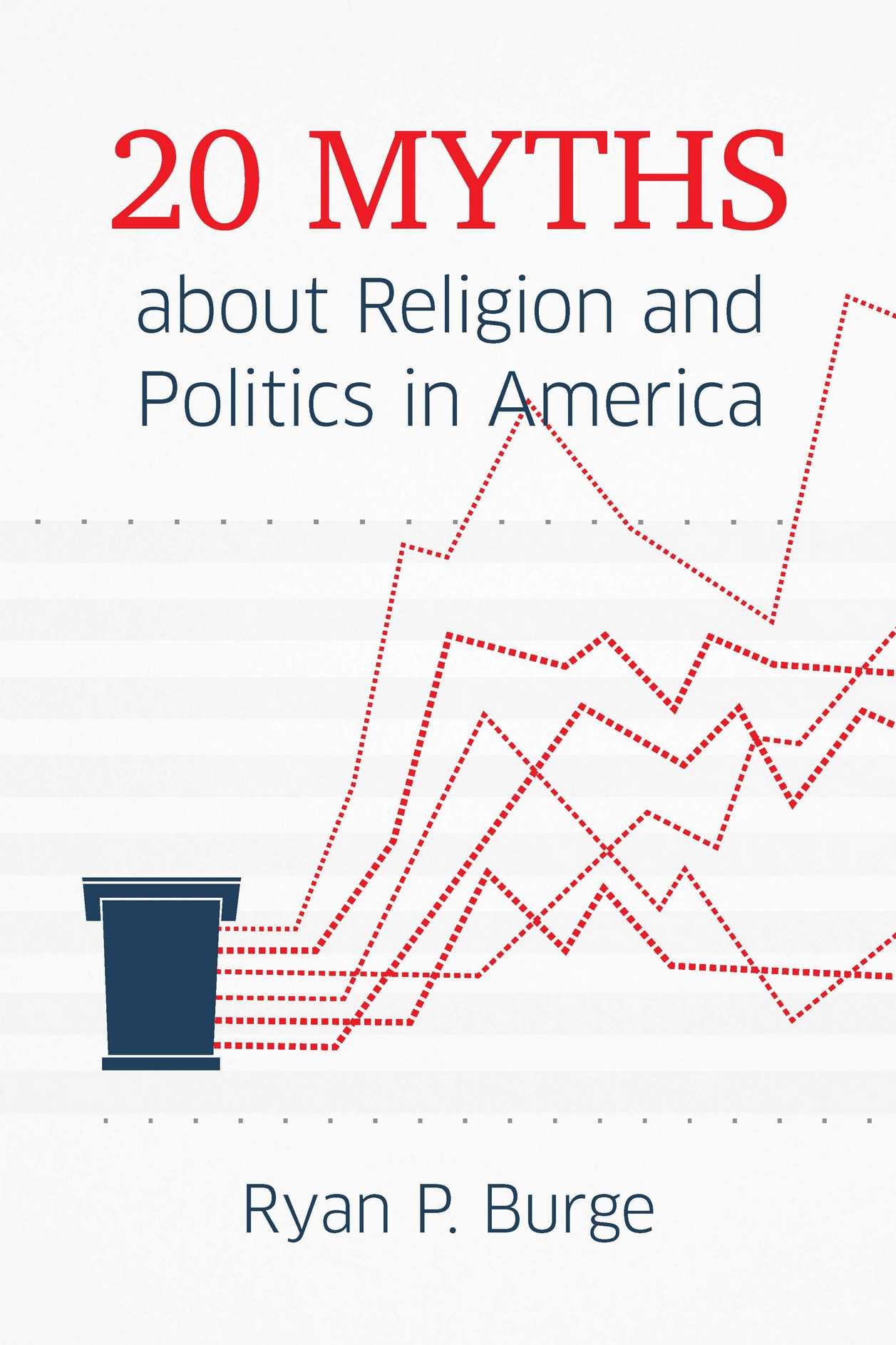
20 Myths about Religion and Politics in America
20 Myths
about Religion and Politics in America
Ryan P. Burge
Fortress Press
Minneapolis
20 MYTHS ABOUT RELIGION AND POLITICS IN AMERICA
Copyright 2022 Fortress Press, an imprint of 1517 Media. All rights reserved. Except for brief quotations in critical articles and reviews, no part of this book may be reproduced in any manner without prior written permission from the publisher. Email copyright@1517.media or write to Permissions, Fortress Press, Box 1209, Minneapolis, MN 55440-1209.
Cover design and illustration: Kris Miller
Print ISBN: 978-1-5064-8201-9
Ebook ISBN: 978-1-5064-8202-6
To the members (past and present) of First Baptist Church of Mount Vernon, Illinois. You took a chance on a twenty-four-year-old kid and havent gotten rid of me yet.
Contents
In the year 2020, I created a total of 1,429 graphs. Almost all of them were about religion and politics. Trying to understand how these two facets of American society interact and intersect has been my professional focus over the past decade. It consumes a significant portion of my thoughts. I would be embarrassed to admit how many times I have jumped out of bed right before I fell asleep because an idea for a graph came to mind.
I wasnt always like this. For the first part of my academic career, I did what other scholars do: I wrote articles for peer-reviewed academic journals that only a handful of people read. I thought I needed to do that to secure my dream job as a college professor.
But a few years ago, I realized that writing for other academics was not bringing me joy, and I honestly wasnt that good at it. So I decided to change course a bit. I spent about two years becoming acquainted with some new tools to analyze and visualize data, and then I started regularly tweeting out graphs. Most of them dont get a lot of attention, but every once in a while, one will go viral and get hundreds of retweets and millions of views.
Slowly and steadily, I began to build a reputation as the religion-and-politics data guy. Members of the media started to reach out, asking questions about the graphs I posted and inquiring if there was data available to help them write their stories. As a result, my name has appeared in almost every major news outlet in the United States. Thats been a real thrill for a kid who grew up in a small town in rural Illinois and certainly wasnt educated at the most prestigious universities.
But beyond the media coverage, other users of Twitter started tagging me when they saw something about politics and religion that they wondered about. Was it true? They were basically asking me to fact-check random strangers on the internet. It is kind of awkward to tell people through the internet that they are wrong. But I must admit it was nice to know that people began to see my work as authoritative.
So in the course of making thousands of graphs and composing hundreds of tweets, I started compiling a list of some of the common things that people write online that I know are false because I have the data to back it up. Thats where the idea for this book came from. Instead of trying to describe why peoples perceptions of religion and politics were wrong in 280 characters, I wanted to give each of these myths deeper treatment.
I love the fact that the subjects I study are of such great interest to the average American. I dont have to try to convince people that the work I do is valid and important. Yes, the downside is that lots of people have opinions about my field without any empirical evidence to back them up. But helping people to understand the world more accurately is where I find my bliss.
Beyond upsetting your thinking about the world around you, I hope my work will motivate you to seek out more answers to the questions underlying the myths I write about here and other incredibly important questions. There are plenty more myths that need to be busted in American politics and religion.
The Facts Are In
We cant even agree on the facts anymore.
I was doing what I knew was a mistake. I got into an argument with someone on social media. They were making a point using statistical evidence that I knew to be false. So I did what I always do in situations like this: I made a graph. I sent that graph to him with a note that simply said, I think that data you are relying on is faulty, and I have more confidence in these results that Im illustrating here. The reply I got a few minutes later was direct and demoralizing: I dont believe your data.
Trying to be data-driven, neutral, and objective is my entire career, my lifes purpose, something Id like to think that I am pretty good at. But no matter how much data, how many graphs, how much evidence I muster, this guy will never believe me. And hes not alone.
A growing segment of the population is completely unwilling to even entertain facts that may contradict the way that they think about politics, culture, and society. Huge swaths of the public seem to express no desire to rethink their worldview. I like to believe that American discourse used to be focused on high-minded ideas like freedom, morality, and the role of government in the lives of its citizens. Debates about the purpose of life, what is true, and what constitutes a good life are worth having, because they focus on what we value, how our life experiences shape our worldview, and what we hope and fear for the future.
The ancient Greeks believed that to bring your best argument to a debate was to give a gift to your opponent. It was understood as a means to help your opponent understand another perspective and to give your opponent the opportunity to rethink their own view of the world. Now, verbal exchanges are just about finding the wittiest comeback. We have strayed far from that Grecian model of public discourse. We cant even agree on what is empirically true. The line in our heads that separates what actually exists from creations of partisan media is unnervingly blurry these days.
The Big Lies
For instance: over half of Americans believe that the Earths warming is not due to human activity. Overwhelming amounts of evidence from scientists of all political and academic backgrounds demonstrate that human beings have driven the climate crisis. Those who fail to believe in climate change are denying the work of tens of thousands of dedicated researchers across the globe who have arrived at the same conclusion.
The share of Americans who believe that it is important for parents to vaccinate their children dropped ten percentage points between 2001 and 2015. Less than half of Americans could say with certainty that there is no causal link between vaccines and autism, despite the fact that there is zero scientific evidence that ties these two things together.
Nearly half of Republicans today believe that President Joe Biden won the 2020 election through voter fraud and deception that happened on a multistate scale and involved hundreds of thousands of fraudulent ballots. This is in spite of the fact that none of the individuals amplifying these lies, when asked to describe their evidence under oath in a court of law, were willing to repeat these baseless conspiracies under penalty of perjury.
Its not an exaggeration to say that when verifiable facts are in dispute, we are at a moment of crisis. If we think about the structure of political discourse, facts are the foundation. If we cannot agree on the foundation, there can be no meaningful debate. The Founders of the United States knew that spirited debate followed by painful compromise was the only way their system of democracy could work. But thats not how political discourse works now. The current level of political discourse in the United States could best be described as both sides rolling around in a mud pit, trying to get the other side dirtier than they are.
Next page
